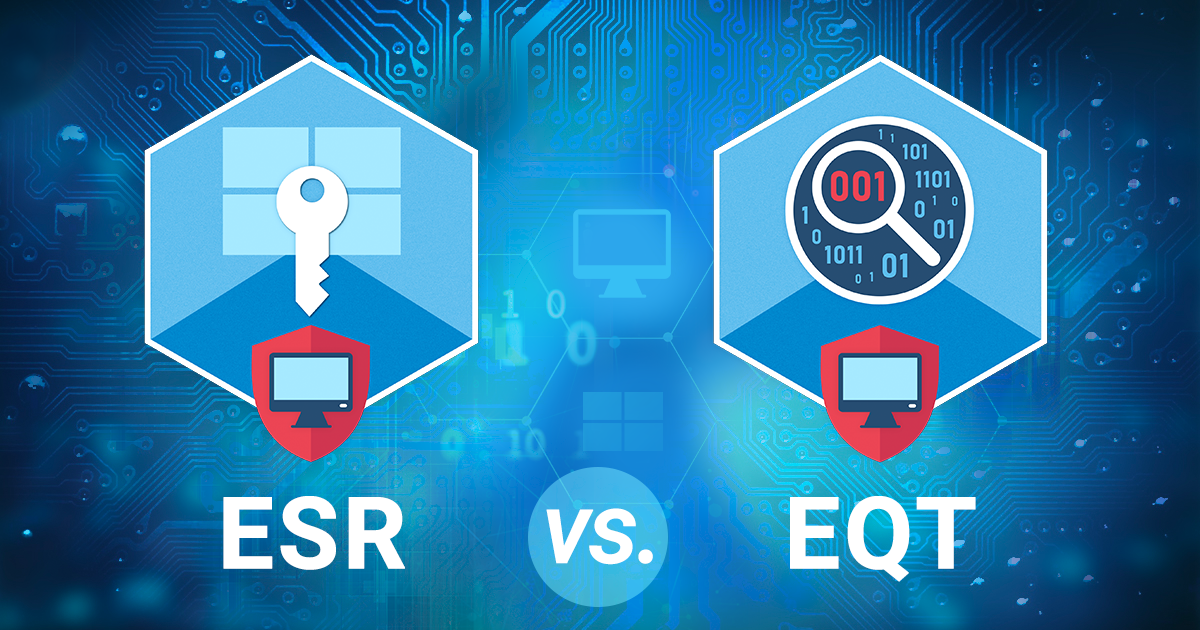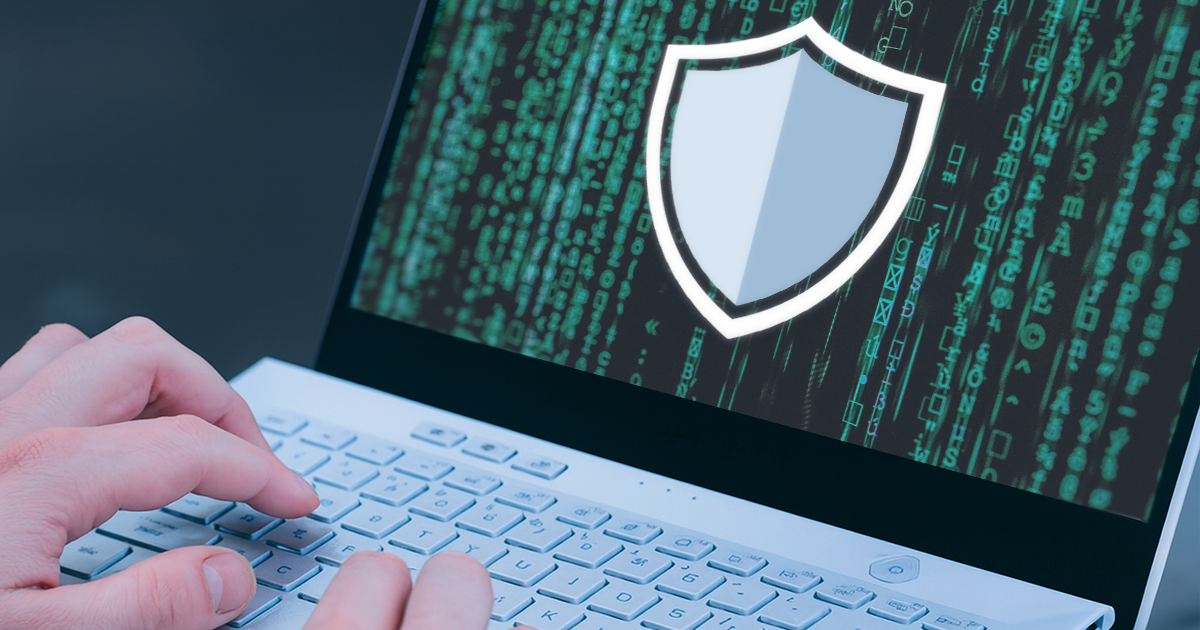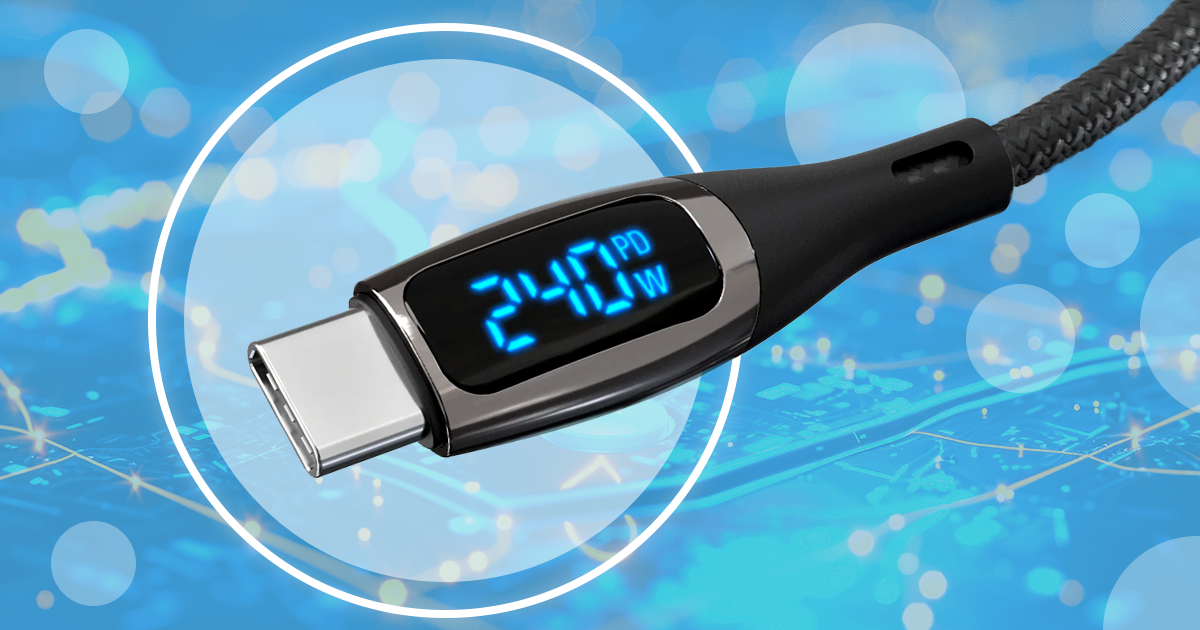Apple ecosystem includes a comprehensive backup ecosystem that includes both local and cloud backups, and data synchronization with end-to-end encryption for some categories. Today we’ll discuss the iCloud backups, particularly targeting issues that are not covered in the official documentation.
Cloud backups are an invaluable source of information whether you download them from the user’s iCloud account or obtain directly from Apple. But why some iCloud backups miss essential bits and pieces of information such as text messages, particularly iMessages? The answer is “end-to-end encryption”, and there’s more to it than just backups.
To perform an iCloud extraction, a valid password is generally required, followed by solving the two-factor authentication challenge. If the user’s iPhone is everything that you have, the iCloud password may not be available. By using a trusted device, one can gain unrestricted access to everything that is stored in the user’s iCloud account. This article gives a comprehensive walkthrough on this alternative authentication method.
The proliferation of always connected, increasingly smart devices had led to a dramatic increase in the amount of highly sensitive information stored in manufacturers’ cloud accounts. Apple, Google, and Microsoft are the three major cloud providers who also develop their own hardware and OS ecosystems. In this report, we’ll see how these companies protect their users’ highly sensitive information compared to each other.
Reportedly, Apple dropped plan for encrypting backups after FBI complained. Apple’s decision will undoubtedly cause turmoil and will have a number of consequences. In this article, I want to talk about the technical reasons for encrypting or not encrypting cloud backup, and compare Apple’s approach with the data encryption strategies used by Google, who have been encrypting Android backups for several years.
Location data is one of the most sensitive pieces of personal information. In today’s world, aggregated location data is as sensitive and as valuable as the user’s passwords. Once this data is transmitted to the OS manufacturer’s cloud service or any of the third-party vendors, the user has the right to know exactly what information is collected; who, when, and how has access to it. In today’s article, we will talk about one of the iOS lesser known features called “Significant locations”.


